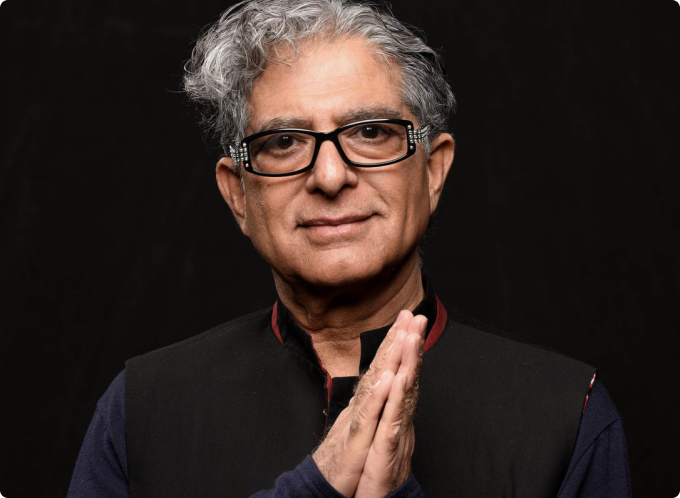Third Eye Mediation is rooted in ancient Eastern philosophies, this practice has the power to transform our lives in incredible ways. The roots of Third Eye Meditation run deep into history. It’s been practiced in ancient civilizations like Hinduism and Buddhism, forming an essential part of their spiritual traditions.
Ever heard of the “Third Eye“? It’s often referred to as the inner eye or the ajna chakra in Indian spirituality. Symbolically, this Third Eye is like a gateway leading to higher consciousness, intuition, and spiritual wisdom.
How to Practice Third Eye Meditation:
Get Comfy: Find a quiet and cozy spot to sit down. Imagine a soft, indigo-colored light glowing right there. The key is to focus on this point to awaken and activate the Third Eye.
Breathe Easy: Now, pay attention to your breath. Just observe it as it naturally comes and goes. Don’t try to control it. Let it become calm and steady, helping you relax and concentrate.
Try Mantras: The soothing vibrations of the mantra can calm your mind and deepen your practice.
Visualize: Engage in visualization. Picture a radiant, unblinking eye right at the center of your forehead, looking inward. This visualization can enhance the energy in your Third Eye region.
Explore Your Inner World: As you continue meditating, let your mind explore whatever comes up – sensations, images, thoughts. Be open and non-judgmental. This exploration can lead to deeper insights and understanding.
The Wonderful Benefits of Third Eye Meditation:
Sharpened Intuition: Third Eye Meditation can be like a magnifying glass for your intuition, making your decisions wiser and more intuitive.
Stress Reduction: Regular practice can help you release stress and feel more balanced in life.
Improved Focus: Concentration and focus will become your strengths, boosting productivity and cognitive abilities.
Integrating Third Eye Meditation into Daily Life:
Be Consistent: Dedicate a few minutes every day to practice Third Eye Meditation. Consistency is key to experiencing its full benefits.
Patience Matters: Don’t expect immediate results. Like any skill, meditation takes time to develop. Be patient with yourself and enjoy the journey.
Seek Guidance: If you’re new to meditation or need help, consider finding a qualified meditation teacher or joining a meditation group.
Conclusion:
By making it a regular part of our lives, we can unlock incredible possibilities and experience profound personal growth. So, let’s embrace this ancient art, and with just a gentle blink of our Third Eye, begin our journey towards inner enlightenment. The answers we seek are within reach – right inside ourselves.

We share information about current trends and stories of people all around the world.



